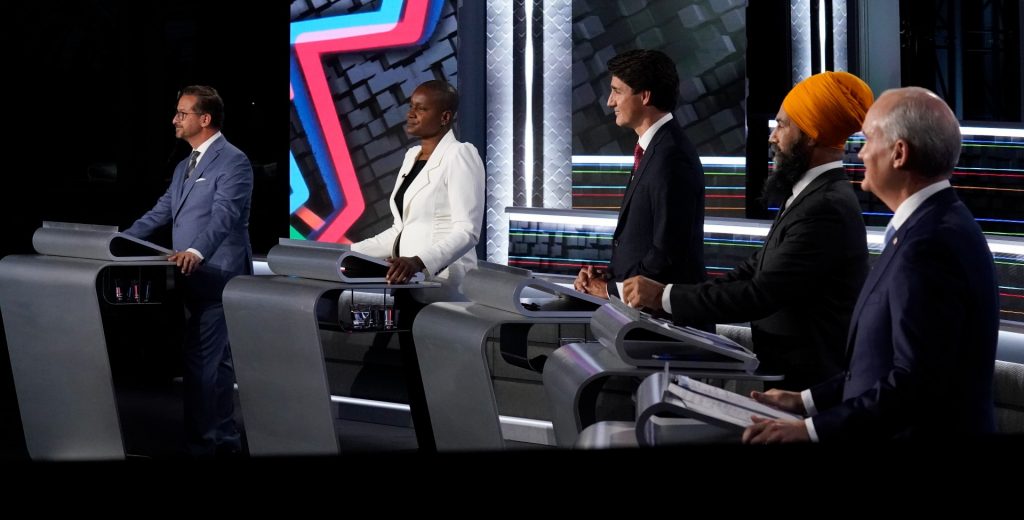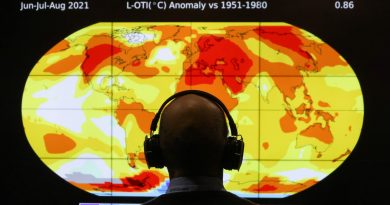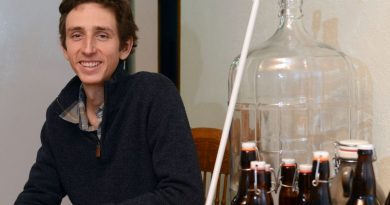Indigenous issues among focuses of Canadian English federal leaders’ debate

By Peter Zimonjic, John Rieti, CBC News
The debate saw heated exchanges on climate, secularism in Quebec, feminism and Indigenous issues
The federal party leaders taking part in Thursday night’s debate battled it out over five key issues: affordability, climate change, pandemic recovery, reconciliation, leadership and accountability.
With 11 days until the election, this appears to be a close race between Liberal Leader Justin Trudeau and Conservative Leader Erin O’Toole — although a majority government win by either party seems unlikely at this point.
With many voters still uncommitted, the stakes going into the only English-language debate were high.
Here are some of the key moments from the debate.
Leaders clash over climate change
Trudeau and O’Toole also battled over climate change, with both leaders offering up their plans as achievable and effective.
“You ask about how we are going to convince the quarter of Canadians who still don’t think climate change is real. Mr O’Toole can’t even convince his party that climate change is real cause his party voted against that,” Trudeau said.
At the Conservative Party’s March policy convention, delegates voted to reject adding green-friendly statements to the policy book — including a line that would have stated the party believes “climate change is real” and is “willing to act.”
O’Toole responded by saying that Trudeau has “never made a target” on emissions.
And O’Toole wasn’t the only one in Trudeau’s crosshairs on the subject.
“We need to talk about science, we need to talk about experts, we agree on that, you and I both,” Trudeau said to Singh. “So how is it that the experts that have rated our plan on climate to be an ‘A’ have rated your plan to be an ‘F’?”
The NDP’s climate plan has come under scrutiny in recent days, with Simon Fraser University environmental economist Mark Jaccard saying it would be “largely ineffective” and “unnecessarily costly.” Former B.C. Green Party leader Andrew Weaver, meanwhile, has endorsed the Liberal climate plan over that of the Green Party.
Singh said he gives Trudeau’s climate record an ‘F’ because emissions have continued to rise under his leadership.
In 2019 — the first year of the federal carbon pricing system, commonly called the “carbon tax” — Canada produced 730 megatonnes of carbon dioxide emissions, an increase of one megatonne — 0.2 per cent — over 2018.
Raising flags from half-mast
On Indigenous issues, Trudeau attacked O’Toole over comments he made recently regarding how unmarked graves at residential schools are being honoured.
“On Indigenous issues specifically, he says we need to listen to Indigenous peoples. Well, he proposed that he would raise the flags that are at half-mast for the kids in unmarked graves in residential schools and he didn’t talk to or listen to any Indigenous leaders when he made that decision,” Trudeau said.
In reply, O’Toole said he sees raising the flag again as a symbol of Canada’s commitment to reconciliation.
“As prime minister on the national day of reconciliation, September 30, I will raise the flag with the commitment to move forward on calls to action,” he said.
In the Truth and Reconciliation Commission’s final report, it presented 94 “calls to action” urging all levels of government — federal, provincial, territorial and aboriginal — to work together to change policies and programs to repair the harm caused by residential schools and move forward with reconciliation.
Trudeau’s feminism challenged by Green leader
Trudeau, who has frequently called himself a feminist, was asked how he can use that term when the military is mired in sexual misconduct scandals.
Trudeau said his government has put stronger policies and processes in place to support survivors.
Green Leader Annamie Paul said that, based on what she has seen, Trudeau is not a feminist. She went on to thank several female former Liberal politicians — including Jane Philpott, Jody Wilson-Raybould and Celina Caesar-Chavannes — who left or were removed from the party after coming into conflict with Trudeau.
Trudeau fired back at Paul, who recently faced a revolt within her own party. “I won’t take lessons on caucus management from you,” he said
Secularism in Quebec
The debate kicked off with a lively exchange between Bloc Québécois Leader Yves-François Blanchet and debate moderator Shachi Kurl over Bill 21, which bans some civil servants, including teachers, police officers and government lawyers, from wearing religious symbols at work.
The Quebec government said the restrictions were necessary to protect Quebec’s unique version of secularism.
Kurl, president of the Angus Reid Institute, asked Blanchet more than once “why the discriminatory laws and your support for it sir?”
“You may repeat as many times as you like that those are discriminatory laws,” Blanchet replied. “We are saying that those are legitimate laws that apply on Quebec territory and there seems to be people around here which share this point of view.”
Related stories from around the North:
Canada: Canadian Inuit leader says federal election offers stark choices on reconciliation, CBC News
Greenland: Greenland’s more prominent role on Arctic Council important signal to int’l community says foreign minister, Eye on the Arctic
Norway: Are Norway’s energy policies caught between ‘black gold’ & green ambitions?, Blog by Marc Lanteigne
United States: Biden administration will review Trump’s plan that opened most of the NPR-A to oil development, Alaska Public Media



